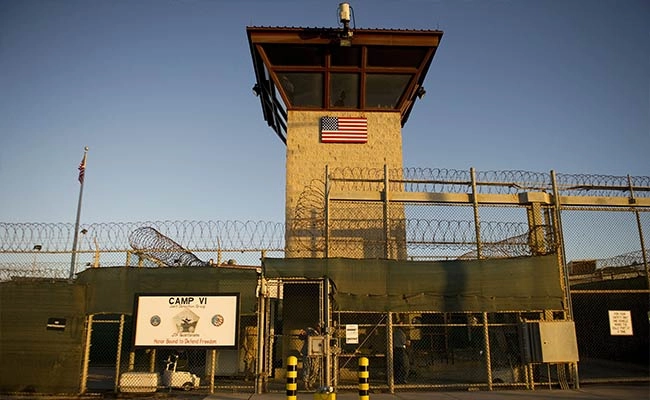On a recent day, Afghanistan was shaken by a powerful earthquake registering a magnitude of 6.4 on the Richter scale. This seismic event struck in a region that is no stranger to such natural disasters, given its geological makeup and tectonic activity. The earthquake’s epicenter was located in a remote area, making it challenging for immediate assessments of damage and casualties. However, reports indicated that tremors were felt across several neighboring countries, including Pakistan and India, creating widespread alarm among residents in those regions as well.
The aftermath of the earthquake has raised significant concerns, particularly regarding the infrastructure in Afghanistan, which is already fragile due to years of conflict and instability. Many buildings in rural areas are not constructed to withstand such intense seismic activity, leading to fears of widespread destruction. Emergency response teams have been mobilized to assess the situation and provide aid to affected communities. Local government officials, along with international agencies, are working to determine the extent of the damage and to deliver necessary support, including medical assistance and shelter for those who have been displaced.
As rescue efforts continue, the humanitarian implications of the earthquake are becoming increasingly apparent. Afghanistan has been grappling with numerous challenges, including food insecurity, poverty, and a healthcare system that is under immense strain. The earthquake adds another layer of complexity to the already dire situation, potentially worsening the plight of those who are already vulnerable. The international community is being called upon to assist in recovery efforts, providing not only immediate relief but also long-term support to help rebuild communities and restore essential services.
In conclusion, the 6.4 magnitude earthquake that struck Afghanistan serves as a stark reminder of the country’s seismic vulnerability and the urgent need for robust disaster preparedness and response strategies. As the nation faces the aftermath of this natural disaster, the resilience of its people will be tested, and the global community’s response will play a crucial role in supporting recovery efforts. The situation remains fluid, and ongoing assessments will be vital in shaping the response to ensure that aid reaches those who need it most.




